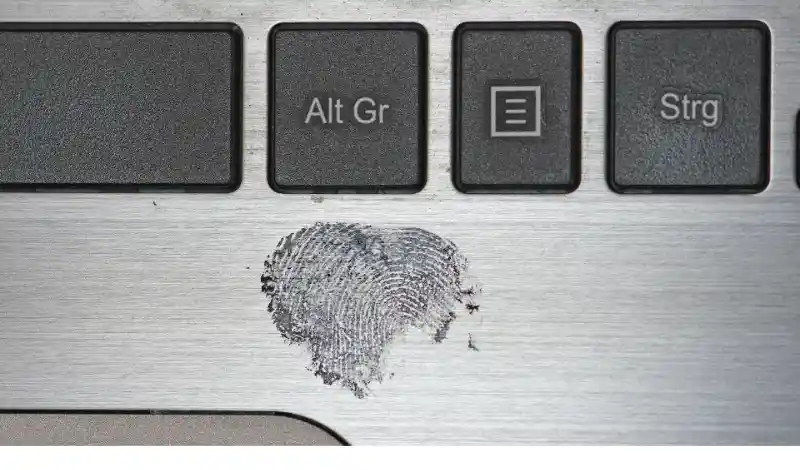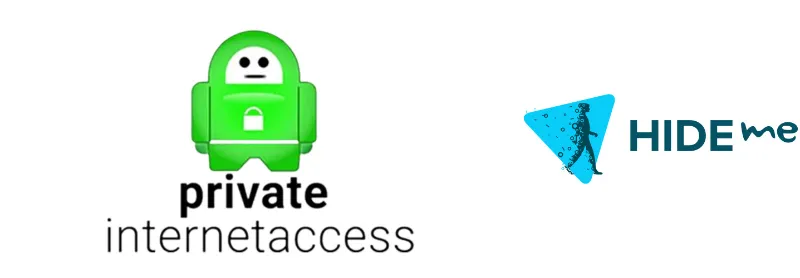Data privacy is a hot topic in today’s digital world, and one question that often comes up is, do data recovery people look at your files?
It’s a valid concern as most of us store sensitive information on our devices, and the thought of someone else snooping through our personal data can be unsettling.
This blog post aims to explore the data recovery process and the role of data recovery professionals and to address concerns about data privacy.
In doing so, we will discuss the ethics and confidentiality in the data recovery industry, legal protections and regulations, and steps you can take to safeguard your data during recovery.
What Do Data Recovery Professionals Actually Do?
Data recovery professionals are experts in retrieving lost, deleted, or inaccessible data from various storage devices such as hard drives, solid-state drives, and USB flash drives.
But what happens during data recovery?
The process typically involves using specialized software or tools to scan the storage media, identify recoverable files, and restore them to a usable state.
Data recovery specialists play a crucial role in helping individuals and businesses regain access to valuable information that might otherwise be lost.
Their expertise is essential in cases of accidental deletion, file corruption, or even physical damage to the storage device.
But with this expertise comes great responsibility, as they may need complete access to your drive or volume to recover your data.
Fun Fact #1: Data recovery is not the same as digital forensics. While both involve extracting data from digital devices, data recovery focuses on retrieving lost data, while digital forensics involves analyzing digital evidence for legal purposes. Learn more about the differences at our data recovery vs. digital forensics article.
The Need for Full Access to Drives and Volumes
In order to recover deleted or lost content, data recovery specialists often require full access to your entire drive or volume.
This is because when a file is deleted, it isn’t immediately removed from the storage media. Instead, the space it occupies is marked as available for new data.
The original file may still exist, but recovering as new data is written over it becomes increasingly difficult.
Having complete access allows data recovery professionals to thoroughly search the drive for any recoverable data, maximizing the chances of a successful recovery.
This means that, in the process, they might come across your other files, even if those aren’t the ones you need to recover.
Fun Fact #2: File carving is a technique used by data recovery experts to extract files from a storage device without relying on file system information. This can be especially useful when the file system is damaged or corrupted. Check out our list of the best file carving tools to learn more.
Data Recovery Ethics and Confidentiality
When it comes to data privacy, it’s normal to ask questions like, is it safe to use a data recovery service?
The good news is that reputable data recovery professionals adhere to strict ethical guidelines and confidentiality agreements to protect their client’s privacy.
These ethical guidelines include maintaining professional boundaries, not disclosing or misusing any client data, and ensuring that all recovered data is securely returned to the client.
Confidentiality agreements, also known as Non-Disclosure Agreements (NDAs), legally bind data recovery professionals to keep their clients’ information private.
While it’s true that data recovery specialists have full access to your files, it doesn’t mean they’re actively looking at your personal content.
Their primary goal is to recover your lost data, and they’re bound by ethical and legal obligations to protect your privacy.
Safeguarding Your Data During Recovery
To ensure your data privacy during recovery, consider the following steps:
- Select a reputable data recovery service: Look for a company with a proven track record, positive customer reviews, and a commitment to data privacy. Reputable services often have confidentiality agreements and comply with data protection regulations.
- Encrypt sensitive data before sending it for recovery: Encryption adds an extra layer of security by making your data unreadable without the decryption key. While this may not be necessary for all situations, it can provide peace of mind if you’re particularly concerned about privacy.
- Ask the right questions to ensure privacy: Before selecting a data recovery service, ask about their data privacy policies, confidentiality agreements, and the steps they take to safeguard your information. This will help you make an informed decision and build trust with the service provider.
Is it safe to use recovery software?
This is another common question, and the answer largely depends on the software you choose. Opt for well-reviewed, reputable software that clearly states its commitment to data privacy.
Legal Protections and Regulations
Data protection laws in the US, UK, and Canada play a crucial role in safeguarding your privacy during the data recovery process.
These regulations set guidelines for how companies should collect, use, and store personal information, including data recovery services.
In the US, data privacy is regulated by various federal and state laws, such as the Health Insurance Portability and Accountability Act (HIPAA) and the California Consumer Privacy Act (CCPA).
The UK’s General Data Protection Regulation (GDPR) is the primary legislation governing data privacy.
Meanwhile, in Canada, the Personal Information Protection and Electronic Documents Act (PIPEDA) sets the rules for data privacy.
Data recovery professionals who breach these privacy laws may face severe penalties, including fines and legal actions. This serves as a strong deterrent and encourages ethical behavior in the industry.
Conclusion
Data privacy is a significant concern for individuals and businesses alike, and it’s natural to wonder if data recovery professionals look at your files.
As we’ve discussed, the reality is that they require full access to your drive or volume to recover your lost data effectively.
However, ethical guidelines, confidentiality agreements, and data protection regulations work together to protect your privacy throughout recovery.
To safeguard your data during recovery, choose a reputable service, consider encrypting sensitive data, and ask questions about the provider’s privacy policies.
Also, trust in the legal protections holding data recovery professionals accountable for maintaining your privacy.
By understanding the data recovery process and taking steps to protect your information, you can confidently recover lost data while keeping your privacy intact.
Remember to check out our other resources, such as our digital forensics tools and software article, to learn more about related topics in the world of technology.
Happy data recovery, and here’s to maintaining your digital privacy!









